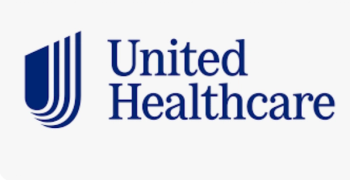
Consider bundled payment
There's a consensus among commerical plans and federal officials that bundled payments are necessary, and have the potential to be a cost-saving strategy.
Key Points
In fact, the Center for Medicare and Medicaid Innovation is actively recruiting providers to pilot payment models based on episodes of care that include hospitalizations. During the Medicare Heart Bypass Center Demonstration, from 1991 to 1996, the federal program saved $42.3 million, or roughly 10% on bypass surgery at seven participating hospitals, as compared to expected spending.
"Bundled payment has the potential of providing a financial incentive to coordinate care," says Joe Fifer, vice president of hospital finance for Spectrum Health System in Grand Rapids, Mich.
Fifer says the extreme fragmentation of the current healthcare system is the main source of cost and quality issues. Thus, the time and effort involved in moving to bundled payment is worthwhile because the model will eventually create more coordinated care and will ultimately hold down costs, he says.
Because of the potential for cost savings, private payers are piloting bundled payment initiatives. Horizon Blue Cross Blue Shield of New Jersey created subsidiary Horizon Healthcare Innovations (HHI) in the fall of 2010 to focus on three payment and delivery models: accountable care organizations (ACOs), patient-centered medical homes and episodes of care.
"The idea was to focus on models of healthcare reform, whether or not healthcare reform passed, because Horizon felt things were not sustainable as they were," says Colleen Matthews, director of the episodes of care program at HHI.
Matthews says it was important that the program be developed in collaboration with the physicians.
"We were looking for surgeons who demonstrated not only good volume, but also a keen interest in changing the way total joint episodes were being delivered from both a quality and cost perspective," says Matthews.
Now the pilot has begun, and each member patient receiving care in the five practices who is recommended for a total knee or total hip replacement is evaluated for inclusion. If the patient fits the criteria, HHI examines the member's comorbid conditions, claims history and any data provided by the practice, then uses PROMETHEUS tools to create a severity-adjusted budget.
Matthews says severity adjustment is critical to episode-of-care payments.
"Years ago, one of the big hits managed care took with models like capitation was that there was no incentive for physicians to treat sicker patients," she says. "We're fine tuning the severity adjustment to made sure it works for both parties. We don't want to overadjust and inflate the budget, but we don't want to underadjust."
Newsletter
Get the latest industry news, event updates, and more from Managed healthcare Executive.























